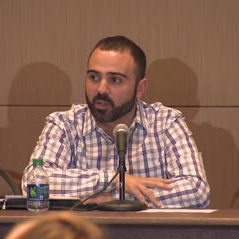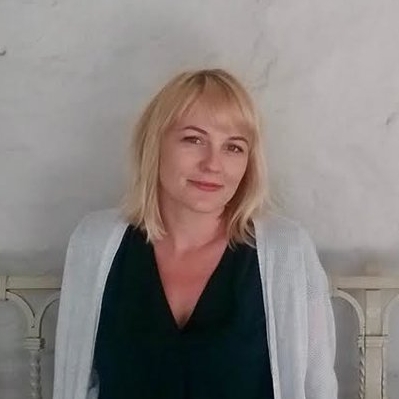podcasts
Samer Abboud: What Does Critical Security Studies Have to Offer the Arab World?
Event Date: March 22, 2016 - 12:00pm to 1:30pm
Location: Social Science Building, 120 University pvt, Room 4004
Originally presented at CIPS and the International Theory Network (ITN):
The Arab World is currently undergoing rapid changes wrought by the ongoing Arab uprisings and the proliferation of violence and insecurity therein. For most researchers in/of the region, approaches in traditional security studies are insufficient and problematic in a context in which multiple and diverse forms of insecurity are present and expanding. This presentation will introduce a project that seeks to bring into conversation and productive dialogue the field of Critical Security Studies and researchers working in/on the Arab region. As such, it is premised on two assumptions that are of relevance to encouraging such dialogue: first, that the field of Critical Security Studies is missing important insights relevant to the field that could emanate from the region, and, second, that researchers working in/on the region are in need of frameworks, critical vocabularies, methodologies, and approaches that foster a critical appraisal of the security discourses and practices that have emerged in the Arab region.
Nicole Sunday Grove: Podcast interview with Can Mutlu on 'The Cartographic Ambiguities of HarassMap' for Security Dialogue
Published august 2017
In December 2010, HarassMap was launched as a Cairo-based interactive online mapping interface for reporting and mapping incidents of sexual harassment anonymously and in real time, in Egypt. Nicole Grove discusses how the project’s use of spatial information technologies for crowdmapping sexual harassment raises important questions about the use of crowdsourced mapping as a technique of global human security governance, as well as the techno-politics of interpreting and representing spaces of gendered security and insecurity in Egypt’s urban streetscape. Grove argues that by recoding Egypt’s urban landscape into spaces subordinated to the visual cartography of the project’s crowdsourced data, HarassMap obscures the complex assemblage that it draws together as the differentially open space of the Egyptian street – spaces that are territorialized and deterritorialized for authoritarian control, state violence, revolt, rape, new solidarities, gender reversals, sectarian tensions, and class-based mobilization.

